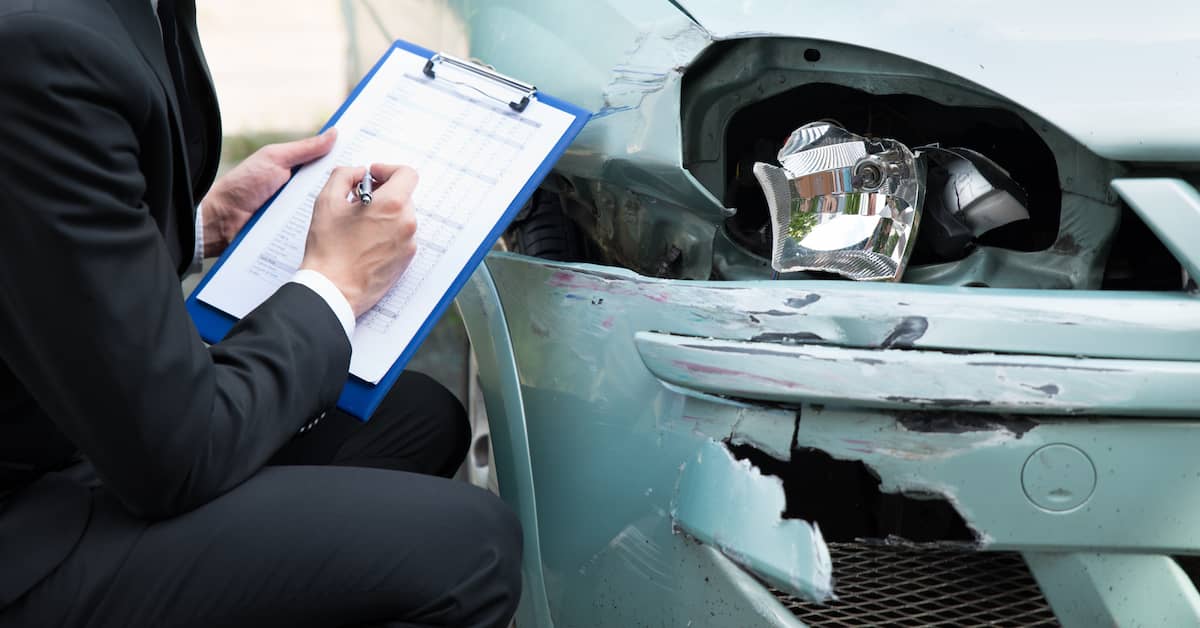What Is the Personal Injury Statute of Limitations in Florida?
Do you know the personal injury statute of limitations in Florida? If you have been injured in Florida due to the fault of another, it’s important to understand your rights. These include the right to pursue compensation for your damages against the negligent party for your economic and non-economic losses.
These rights have limitations, including how long you have to file a claim related to your damages. While the laws that govern these limitations may seem straightforward, they can become complicated. There are exceptions and conditions to the rules, each of which may depend on minor details or previous interpretations of the law.
Nevertheless, your understanding of the law and ability to fight for what you need and deserve is crucial for recovering compensation. That’s where we come in. Our personal injury attorneys are passionate advocates for accident victims, and we do everything within our power to protect our clients’ rights.
If you believe you have a claim and are nervous about the personal injury statute of limitations in Florida, get in touch with the lawyers at Colling Gilbert Wright today. Call us at (407) 712-7300 for your FREE case review. Our attorneys proudly serve our neighbors in Orlando and throughout Florida.
What Is a Statute of Limitations?
A statute of limitations is a time limit that dictates how long you have to bring legal action after an incident. They exist for both criminal and civil legal matters—although some crimes, such as felonies that result in death, have no time limits.
The specific amount of time for particular statutes of limitations varies depending on the event and jurisdiction. Each state has its own set of limitations that apply to specific incidents.
Why Do We Have Statutes of Limitations?
Statutes of limitations exist to protect citizens from being forced to defend themselves long after an event occurs. Over time, evidence is lost and degraded, making it much more difficult to defend against claims of negligence.
For example, if you were in a car accident 10 years ago, and someone just now decides to sue you for the accident, how would you defend yourself? Ultimately, these types of lawsuits would clog up the legal system and make it difficult for decisions to be made. With statutes of limitations in place, plaintiffs must act relatively quickly, which is generally the best course of action for both the individuals involved and the system as a whole.
What Is the New Personal Injury Statute of Limitations in Florida?
As of March 2023, the statute of limitations in Florida is 2 years for all personal injury claims founded on negligence. The same amount of time is given for both medical malpractice and wrongful death claims. Previously, the statute of limitations for general negligence claims was set at 4 years.
This means that, in most cases, you cannot pursue compensation for an injury if it occurred more than two years ago—half the time plaintiffs had before the new laws were enacted. That said, there are some important exceptions to be aware of that may extend the 2-year deadline.
What Is the Discovery Rule?
Generally, the statute of limitations “clock” starts ticking as soon as the event takes place. If you were in a car accident, for example, and sustained a spinal cord injury for which you began immediate treatment, the statute of limitations would start on the date of the accident.
In some cases, however, personal injury damages are not immediately apparent. For example, in a medical malpractice claim, a patient might not realize that their surgeon made a bad mistake that worsened their condition until receiving a second opinion.
In these cases, the clock may not start ticking when the incident occurred but when it “should have been discovered with the exercise of due diligence,” according to Florida law. In other words, the statute of limitations begins when the patient receives a second opinion that points out the negligence of the patient’s surgeon.
However, this does not mean the statute of limitations no longer applies. In the case of medical malpractice claims, there are additional stipulations for how long plaintiffs have if and when the discovery rule applies.
What Is Tolling?
Like the discovery rule, tolling can extend the personal injury statute of limitations in Florida if certain conditions are met, including:
- If the person to be sued is not present in the state
- If the person to be sued is using a false name so that the plaintiff is unable to serve them
- If the person to be sued is not able to be found
- If the person entitled to sue is a minor or is incapacitated
- And more
In these cases, it would be impossible to pursue legal action, which is why tolling laws are an important protection for accident victims.
If tolling applies to your situation, it does not necessarily mean your ability to sue is extended indefinitely. In many cases, legal action must still be filed within 7 years of the event.
What Do I Need To Get Done Before the Statute of Limitations Is Up?
While two years may seem like a lot of time to file a claim, accident victims should never delay legal action if they believe they have a right to compensation. There are a few reasons for this:
- It takes time to investigate a case and calculate compensation
- Evidence can be lost if an investigation does not begin soon after an incident
- Negotiations with insurance companies can take time
If you wait too long to begin the claims process, you and your attorney may not have enough time to build a strong case or ensure you are pursuing the compensation you need and deserve for your damages.
The Dedicated Attorneys at Colling Gilbert Wright Can Assist
Dealing with the aftermath of a personal injury is difficult enough. Navigating all of the legal questions, rules, requirements, and conditions on top of it is simply overwhelming. Anyone injured due to someone else’s negligence deserves compensation for their damages. But, unfortunately, they do not come automatically.
We’re here to help. We have a proven track record of assisting injured Floridians in recovering compensation for their damages, and we want to seek justice for you as well. If you’re concerned about the personal injury statute of limitations in Florida, we urge you to get in touch as soon as possible to begin the process.
To get started, contact our Orlando personal injury lawyers today for a FREE consultation, and we will be here to support you during this challenging time.

 (407) 712-7300
(407) 712-7300
































